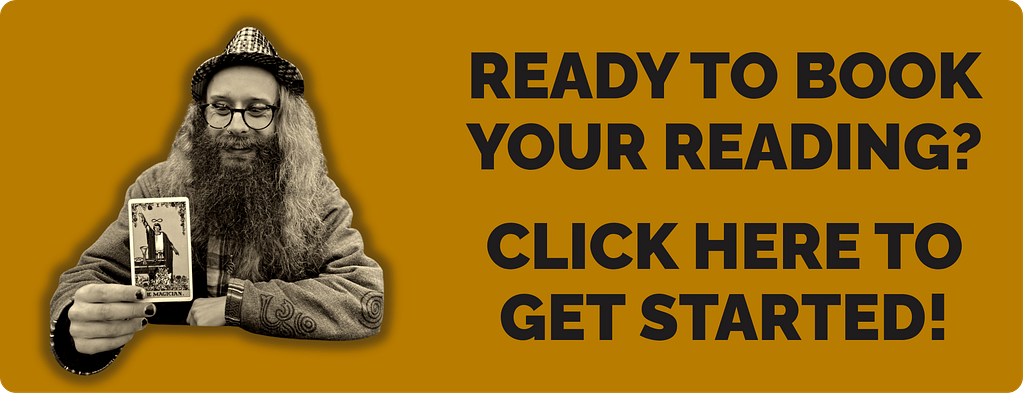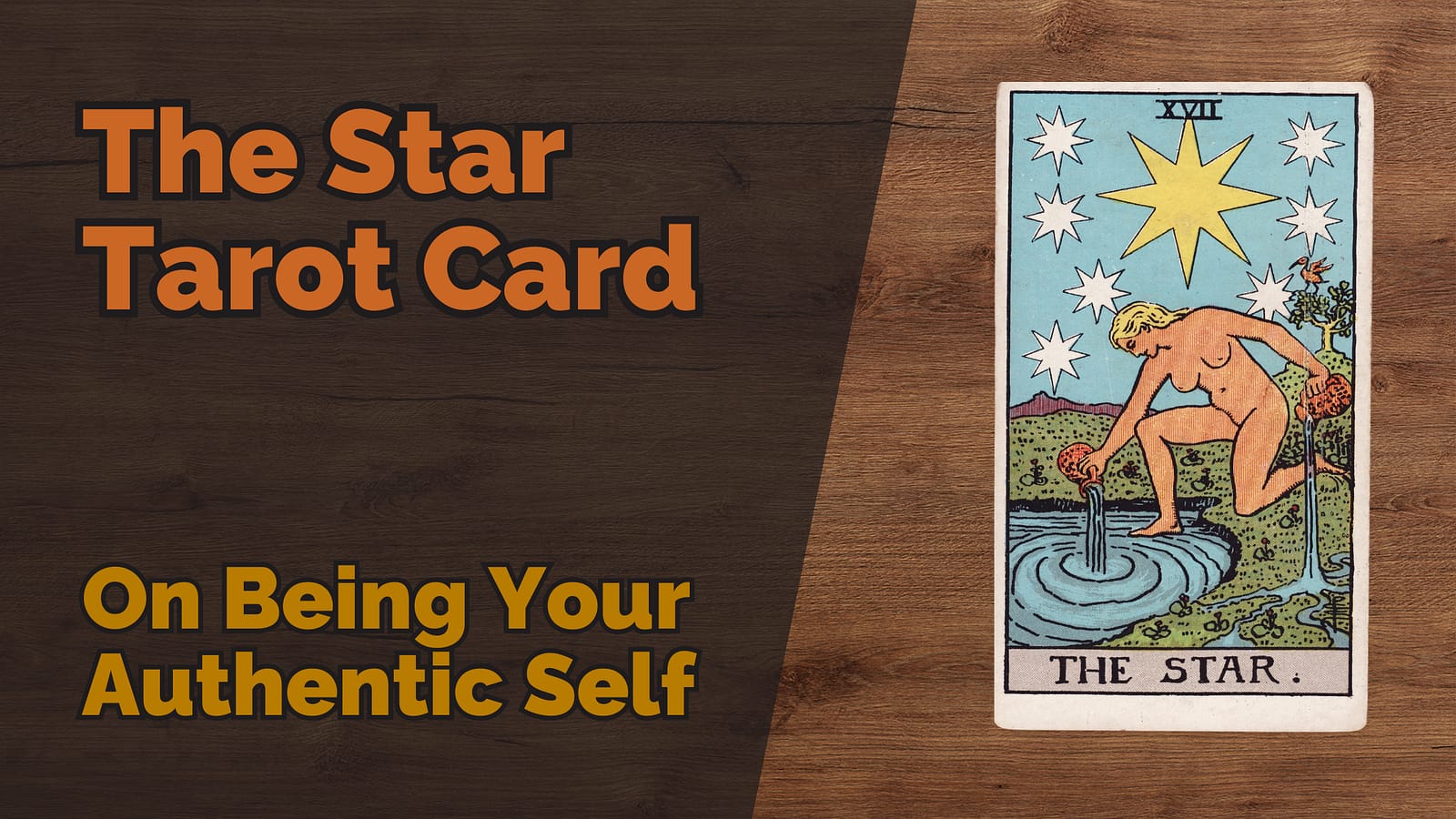
Table of Contents
Accepting life changes is one of the most important components of human development and progress. Transition is the unavoidable, difficult, and painful process of personal and professional growth. We can either reject or welcome the experience, whether we decide to change or if the change is being imposed upon us. We can not only survive but also flourish during change if we welcome adaptability, strengthen resilience, surround ourselves with supportive people, and be receptive to novel events.
A Pathway to Personal and Professional Growth
Effective people realise that life is not a solo trip. From changes in jobs to life events, they have the means to weather any storm. Approaching change favourably is a difficult effort. To stand back and create a clearer life road map, though, is to self-reflect about the person you wish to be. Even if it’s overwhelming or frightening, knowing your values and natural abilities will provide you with the means to change with intent.
The Inevitable Changes in Life
Though there are few guarantees in life, one thing you know for sure is change. Though you cannot stop the tides of life, you can learn to welcome changes in yours. Making decisions that will change your life naturally makes you apprehensive. Consistency feels good, after all; the unknown presents more questions than solutions. Remember that acute stress is a normal response to stepping outside your comfort zone, even if major life decisions cause you worry and concern. Still, it’s crucial to move forward and make decisions guiding your best life.
The Influence of Acting
Participants in a University of Chicago economist’s study, Steven Levitt, were asked to make major decisions based on the outcome of a coin flip. Over time, these folks were generally happy when they followed through with the modification. Those who chose not to implement the modification also felt a persistent need that they ought to have. Although turning over a coin is not the ideal way to make decisions, learning to trust your gut and embrace challenging tasks results in more self-confidence and gratification.
Change for Personal and Professional Growth
Growth requires change; hence, this payout helps one make the leap of faith simpler. You will advance both personally and professionally and create fresh chances for closer interactions. All that lifelong learning can have a snowball effect, raising your self-efficacy and self-esteem. The more conscious you are of your good development, the more you will believe in yourself and be able to welcome future change.
Small Adjustments
Little changes in your attitude and behaviour will help you overcome resistance to change and embrace the ambiguity accompanying it. Honour consistency; good change is worth a pat on the back. Not only should you honour noteworthy successes, but you should also Reward and thank yourself for daily or weekly consistency. Rewards can be beneficial extrinsic motivators that inspire you to develop sustainable practices and overcome challenging obstacles.
Put Money into Self-Care
Maintaining good changes depends on prioritising your physical, emotional, and mental health. A good body and mind will motivate you to make investments in your objectives. Whether it’s mindfulness techniques, hobbies, or physical activity, success depends first on a committed self-care schedule.
Make use of visual cues.
Journals, a book of positive affirmations, or vision boards will help you keep your objectives and drive alive. One great everyday source of inspiration is designing visual signals that speak to your goals and remind you of their significance.
Understand Negative Triggers
Sometimes, the finest of you can elude your intellect. Knowing what can cause you to veer off track helps you to avoid or control mental obstacles actively. Whether you are fighting for your needs or just pausing to gather yourself, knowing your triggers will enable you to distance yourself and act, regardless of the particular person, hostile workplace, or communication style involved.
Anyone may investigate the fascinating opportunities that life presents, including you. Whether small or major, you invest in your development and fulfilment when you welcome change. Though it may be difficult, realising your beliefs, creating specific objectives, and involving your community will enable change from a barrier to a driver of personal development.
Creating Smooth Transitions
Life’s transitions are unavoidable and frequently difficult, both personally and professionally. Whether you’re moving, starting a new job or company, or beginning a new relationship, these changes might excite you in tandem with understandable worry. Managing these changes calls for planned and deliberate handling.
Emotions, including dread, uncertainty, and a lack of control, can be debilitating during transitions. Many times, one feels as though they are on an emotional roller coaster, prone to stress and reactionary behaviours. Little events might set off self-doubt and fears that affect personal and professional contacts. Minimising needless emotional stress and optimising favourable results depend on navigating these times with patience and self-awareness.
Cultivating Habits for Smooth Transitions
Listening to Your Feelings
Pay first attention to your emotions. Real self-awareness will enable you to know your actual needs. Fearful about a new employment? Is your disagreement with your values deeper or regular jitters?
Express Yourself
Tell folks the truth. A calm expression of yourself helps alleviate tension and improve connections. Tell your business partner your worries to maintain alignment and integrity.
Let Yourself Rest
Changing is difficult. Do not be overly critical of yourself. Recognise your emotions and gently reroute negative energy. Although change can be intimidating, with self-compassion, it is doable.
Our area of expertise at Strategic People Solutions is helping professionals negotiate life changes. We are here to help you on your path to personal aspirations, business startup, or professional change.
The Role of Tarot, Journaling, and Meditation
Tools like tarot, writing, and meditation are quite important in negotiating transitions in life. Tarot provides clarity and insight that guides choices using symbolic wisdom. In a therapeutic release, journaling helps one to reflect on goals and develop self. Using awareness, meditation lowers stress and strengthens emotional resilience. These techniques help people welcome changes with more awareness, understanding, and inner calm, enabling a better road forward.
Conclusion
Changes in life are transforming trips that require self-awareness and fortitude. These methods help one grow personally and enhance knowledge and acceptance of changing conditions. Accepting change ultimately allows people to start a road of self-discovery and fulfilment, building resilience and preparation for whatever life may offer. Tools such as tarot, writing, and meditation help people negotiate changes with emotional power and clarity.
Ready to embrace life changes with clarity and confidence? Book a personalised Liminal Lobotomy Tarot Reading with me. You’ll receive a focused reading, a reflection journal, and a guided meditation to support your journey. Click here to schedule your session and start your personal and professional growth path.





